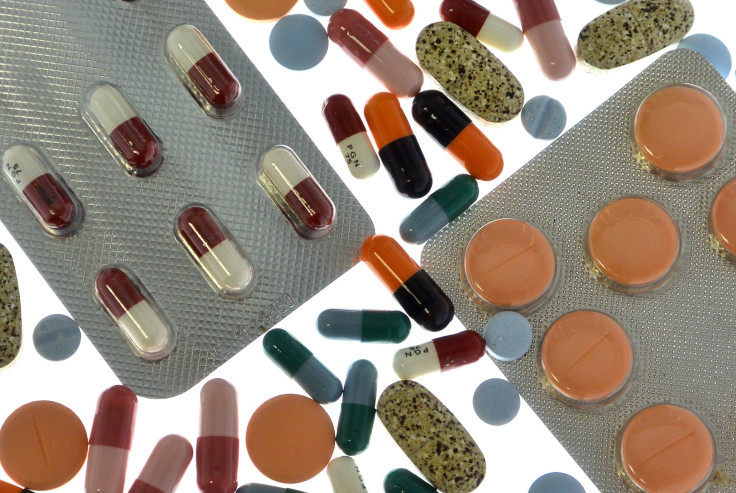Vitamin D can boost recovery of adult HIV patients

Patients with HIV are at high risk of infection that can cause death due to the effect of the virus that weakens the immune system. A new approach has been discovered to boost the effect of therapies for patients to recover their immune function by only taking sufficient amount of vitamin D.
The human immunodeficiency virus, or HIV, commonly causes the immune system to lose the ability to respond to common pathogens that affects the health. However, available HIV treatments can help patients improve their immune statuses, measured by their CD4+T cells.
A researcher from the University of Georgia has found that treatments can be more effective by taking a certain amount of vitamin D. Analysis shows that CD4+T cells of adult patients recovered more quickly with the combination of a treatment and vitamin D in the body.
The discovery comes from an 18-month study of the immune status of 398 HIV-positive adults. The study shows that younger and underweight HIV-positive adults tend greatly benefit from vitamin D.
CD4+T cells are the type of T cell involved on how the immune system fights pathogens. These cells are significant for adult HIV patients due to their weakened immune systems.
"Given different vitamin D levels, HIV-positive adults recovered at different rates,” researcher Amara Ezeamama, an assistant professor of epidemiology and biostatistics in the College of Public Health, said in a press release. “We found a relationship between vitamin D and CD4+T cells."
Ezeamama observed patients that were on highly active antiretroviral therapy, or HAART. Patients commonly take three or more drugs for the therapy, which is the most common and effective treatment for HIV-positive adults.
"In addition to HAART, ensuring vitamin D sufficiency may also be helpful in restoring immune function,” Ezeamama said. Vitamin D is relatively cheap and could deliver a “big public health impact" by boosting the effect of available treatments to promote immune recovery, she added.
The study was published in the journal Clinical Nutrition. Ezeamama is aiming to conduct further studies to understand how vitamin D affects immune recovery and to see its long-term health outcomes in HIV-positive children.
Contact the writer at feedback@ibtimes.com.au or tell us what you think below






